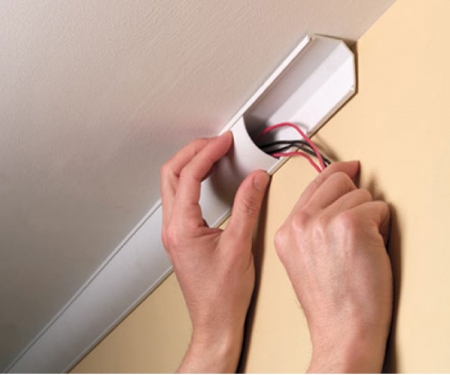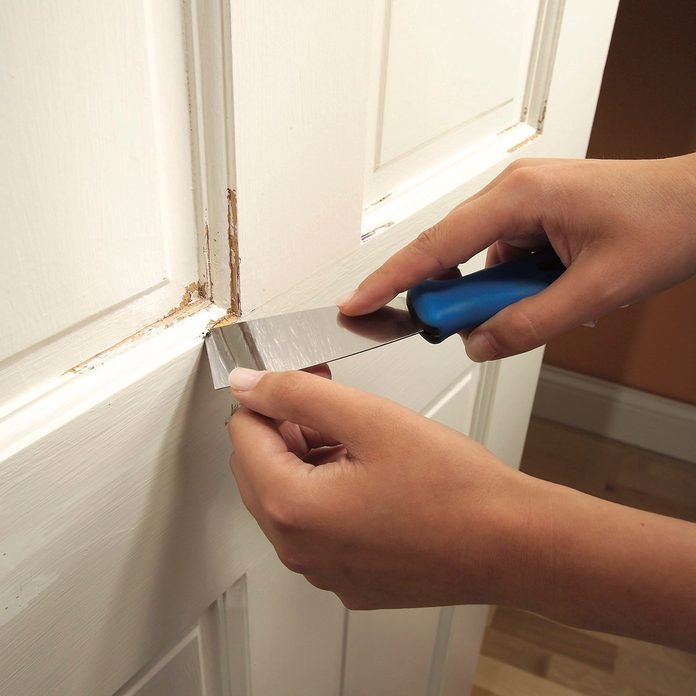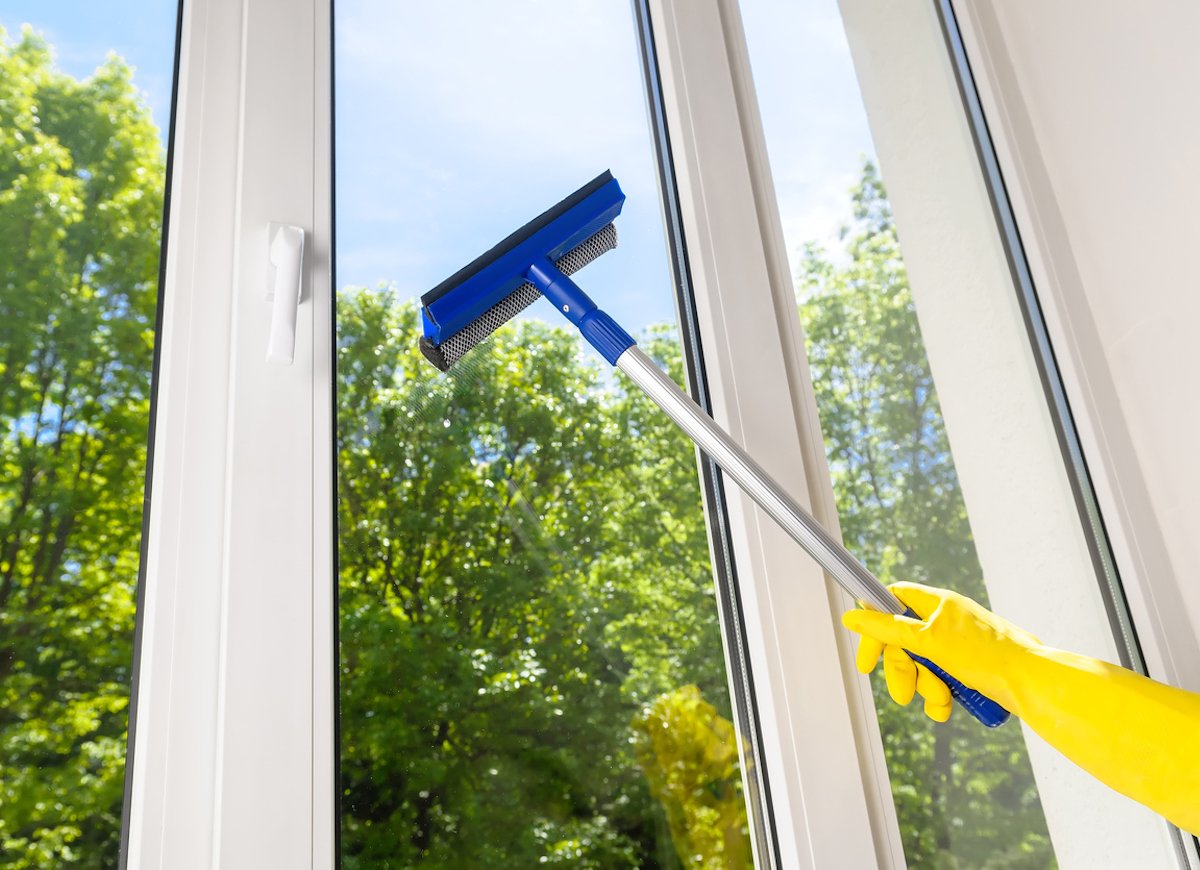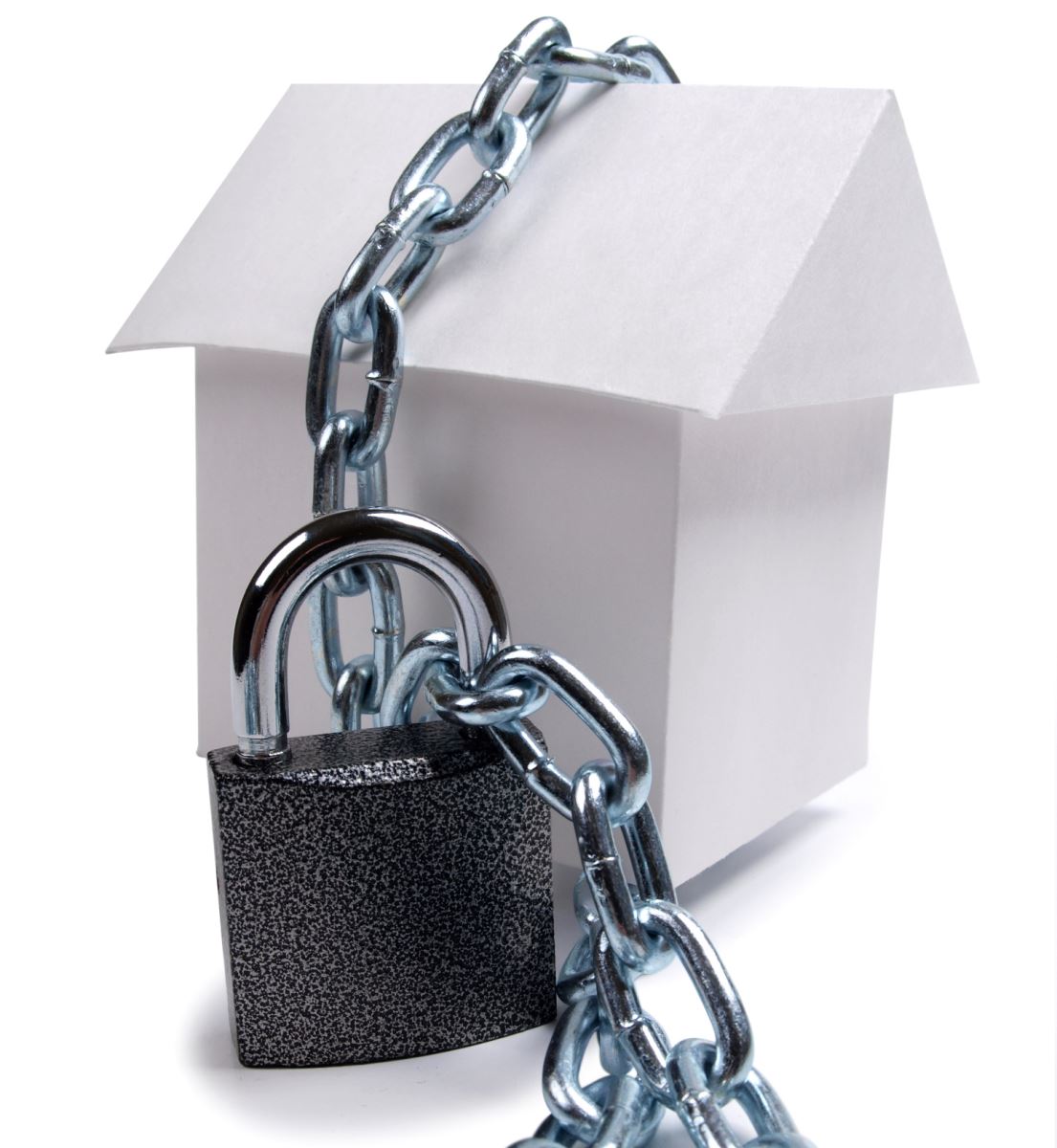Ideas to Brighten Your Home Decor in Winter
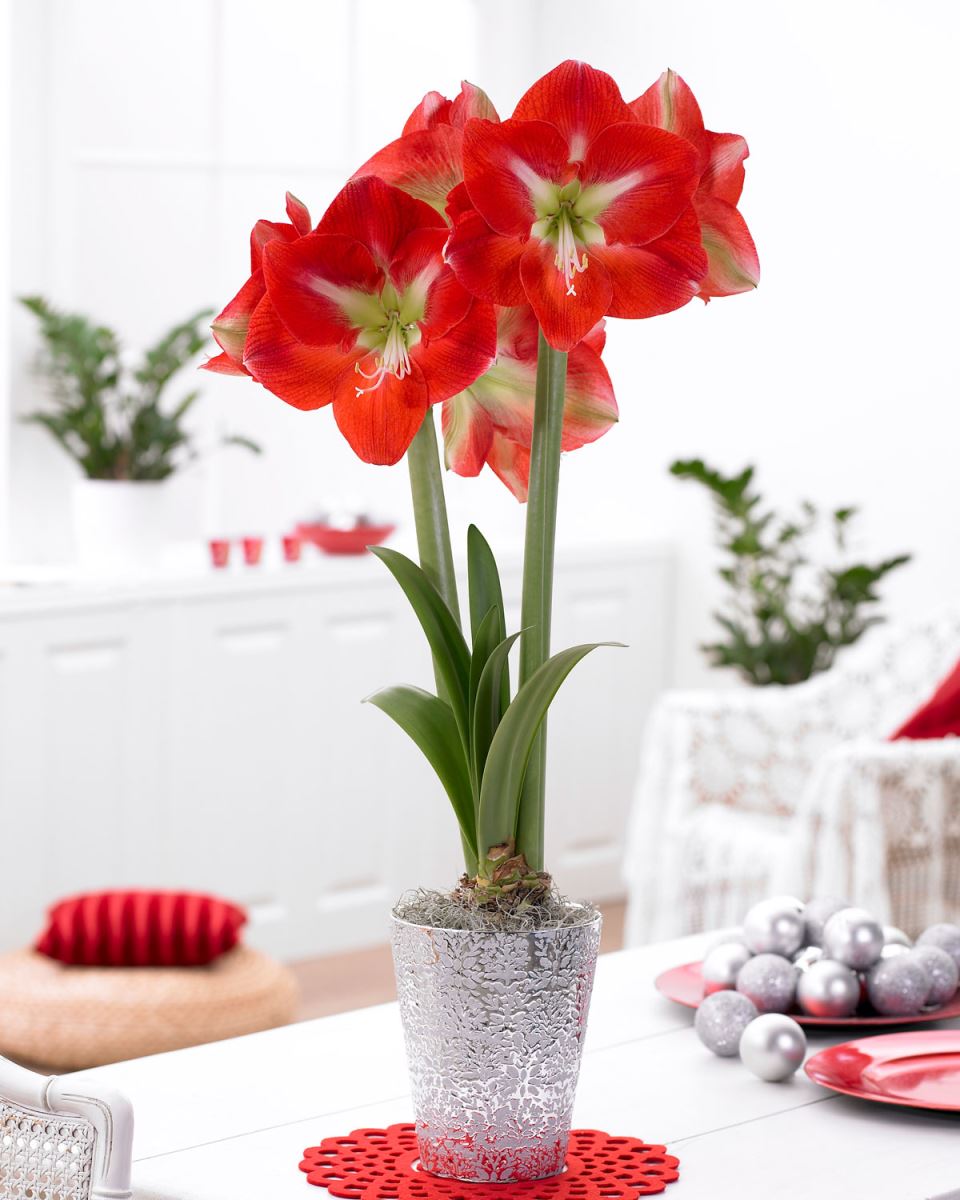
Taking down holiday decorations and storing them for the next year leaves many feeling a little down. Brighten the darker cold days with a few small changes or easy decorations; here are a few ideas:
-
- Simply using bright-colored accessories such as cozy throws, pillows, slipcovers, or accent rugs will reflect the natural light coming through the windows and help boost your mood.
-
- Interior lighting can affect our disposition, especially in winter. Install daylight-type bulbs in ceiling fixtures, but use warm bulbs for lamps and sconces.
-
- Natural items are not just for holiday decorating. A basket of pine cones with battery-operated LED lights woven through them or a simple wreath of twigs can double as decor for wintertime.
-
- Clip small branches and twigs, spray them with white paint, (or leave natural), and display them in vases with artificial snow, small pine cones, or leftover whole nuts as a filler.
-
- Snowflakes, no matter where you live, are a fun way to brighten up your interior. Have the kids cut out paper snowflakes or make these popsicle stick snowflakes. Hang them from a windowsill or use clear removable sticky dots and adhere them to the glass.
-
- Create a whimsical wreath by wrapping a foam core wreath with an unused knitted scarf, adding mittens in place of a bow. This is another easy craft where children can participate!
-
- Start forcing the flower bulbs you received as gifts to add a bit of green and color to your decor. Amaryllis and paperwhites are the easiest to grow indoors because they are tropical plants.
-
- Another way to give a spring-like feel inside is to force-bloom flowering tree branches! Just follow these tips from Fine Gardening.
Decorating for the colder months should be inviting and give off warm, cozy feelings. Boosting light and incorporating natural elements are just a couple of ways to make the home feel festive without a holiday theme.
Courtesy of New Castle County DE Realtors Tucker Robbins and Carol Arnott Robbins.
Photo credit: Longfield Garden



